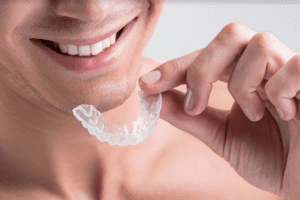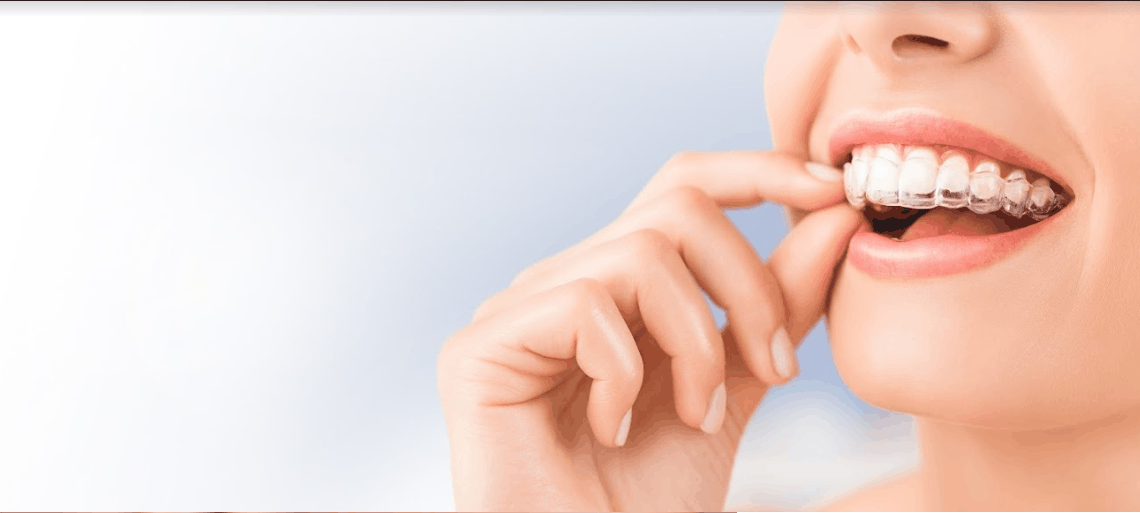Bruxism is common amongst many people and can degrade your teeth with you realising. Find out here if you’re in need a dental mouthguard.
Bruxism is a form of teeth grinding that you’re completely unaware of because it occurs during sleep. Your jaw muscles clench causing pain and headaches in particular. As you sleep, your upper and lower roof of the teeth clench together degrading your teeth without realising. If you suffer from this, it could cause serious issues to your teeth if not dealt with. Stress and Anxiety are also common causes of Bruxism.
The following four signs dictate that you could be suffering from Bruxism and require a dental mouthguard.
The Four Signs
- Your Teeth Are Suffering From Wear-And-Tear – Your teeth slow degrade as they clench together, causing chips in your teeth, degrading your appearance. Your teeth will soon become sensitive and the shape will become shorter and rough.
- Your Suffering From Headaches – If you wake up with a headache, this is a popular sign of Bruxism. Your jaws are under increasing pressure when grinding. Whether it be mild or heavy, it’s something you can do without when you wake up in the morning.
- You Experience General Facial Soreness – As your teeth grind, the facial muscles are in under intense pressure. As you move your mouth and other facial muscles, you’ll experience stiffness such as when you chew your food or speak. Your speech sharpness will also degrade as you regularly grind your teeth.
- You Jaw Is Inflamed – An inflamed jaw is known as TMJ disorder. This is another common cause of teeth grinding. A mouthguard helps reduce the pain in your jaw to keep the upper and lower roof of your teeth away from each other.

Why not read up on the benefits a dental mouthguard provides? Click here to read on.
What We Say…
Bruxism is not unusual, and neither is it untreatable. The last thing you want to see is your teeth degrading in the mirror when you smile. This may lead to further expensive treatment even before you use a mouthguard. If you suffer from major stress and anxiety, it is recommended that you perform exercises that reduce this. Not only is a dental mouthguard beneficial for Bruxism, but it also helps you get a good night’s sleep. This will reduce headaches, stress and give way to a better mood and positive energy.
If you’re interested to learn more about dental mouth guards or are interested in getting one, click here to contact us at Wahroonga Dental group.



